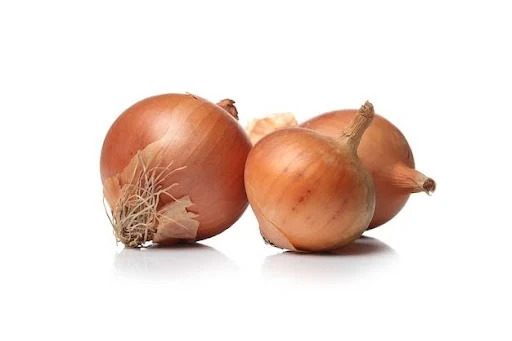India's National Cooperative Export Ltd (NCEL) is set to purchase 1,650 tonnes of onions from private traders at a rate of Rs 29 per kilogram for export to Bangladesh. This move marks the first official onion export from India in over three months, following the export ban imposed from December 8 to March 31 to control domestic prices. The ban's lifting in early March permitted the export of 50,000 tonnes of onions to Bangladesh, reflecting a response to the sharp rise in international prices and the domestic price crash caused by the export prohibition.
The export ban on onions had a significant impact both domestically and internationally. In India, it led to a plummet in onion prices, with rates in Maharashtra's Nashik district dropping to between Rs 7 and Rs 16 per kilogram. Internationally, the absence of Indian onions from the market contributed to a global shortage and price spikes. With the Ramadan season in progress, demand for onions is high, particularly in traditional markets for Indian onions like Bangladesh, the Middle East, and Southeast Asia. Reports indicate that a considerable amount of onions may have been smuggled out of India during the export ban, accounting for more than half of the usual trade volume.
The resumption of onion exports by India, particularly through state agencies like NCEL, is expected to stabilize the market to some extent. However, the exact price at which these onions will be sold to buyers in Bangladesh remains undisclosed. The current scenario presents a potential profit margin for NCEL, given the high retail prices of onions in Bangladesh, which are reported to be between Rs 80 and Rs 90 per kilogram. The unfolding developments will likely influence onion price trends in both the domestic and international markets, especially with the onset of the new Rabi harvest season, which might lead to a further reduction in prices.

